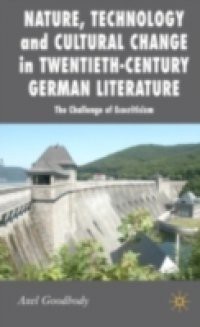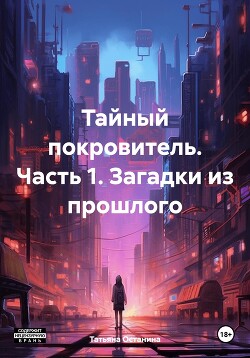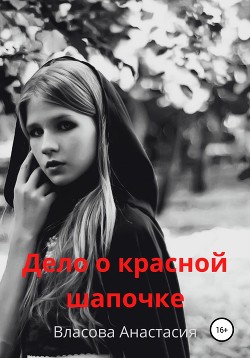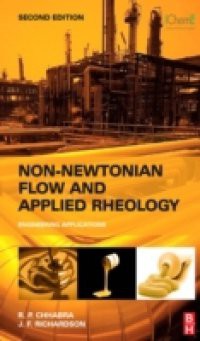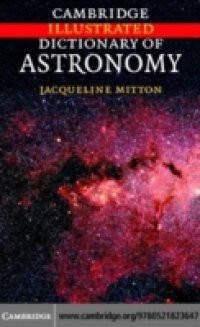This book traces how attitudes towards science and technology, nature and the environment in Germany shifted over the course of the twentieth century. It approaches them through discussion of a range of novels and plays, poems and essays largely new to English readers. In their narratives, which often have an autobiographical dimension, practical environmental problems and underlying issues of ecological ethics are brought to life and reflected on. The book draws on the ideas of British and American cultural theorists alongside German thinkers such as Heidegger and Adorno, and develops a new conception of cultural ecology explaining the role which writers have played in articulating and shaping conceptions of nature and naturalness, and the input of cultural discourse into environmental debate. The influences of Goethe and the Romantics, Schopenhauer and Nietzsche, Monism and the Life Reform Movement are traced in green thinking, and attention is given to the political implications of the reconfigurings of their ideas. Technological disasters, living in harmony with nature, hunting and allotment gardens are among the topics discussed.
